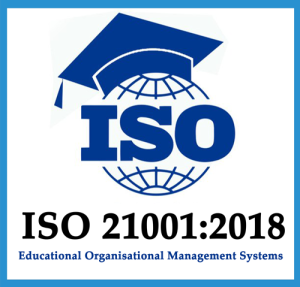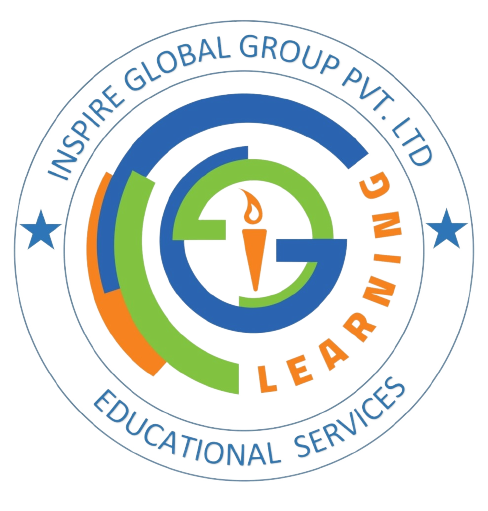ISO 21001 Educational Organizations (EOMS)

ISO 21001 aims to help educational organizations enhance their ability to consistently provide quality education and meet the diverse needs and expectations of learners and other stakeholders. By implementing an effective EOMS based on ISO 21001, educational organizations can improve learner satisfaction, optimize educational processes, and achieve better educational outcomes.
If ISO 21008 indeed exists and relates to educational organizations, it may have been developed after my last update, and I would recommend checking the latest ISO publications or resources for more detailed information on that standard.
However, ISO does have standards related to education and
educational management systems. One such standard is ISO 21001:2018 -
Educational organizations — Management systems for educational organizations —
Requirements with guidance for use. This standard specifies requirements for a
management system for educational organizations (EOMS), aiming to enhance the
satisfaction of learners, other beneficiaries, and staff through the effective
application of its framework.
Here's a brief overview of ISO 21001:
ISO 21001:2018 -
Educational Organizations Management System (EOMS)
1. Scope: ISO 21001 applies to educational organizations that
provide formal education, whether or not a formal management system is in
place. It can be used by educational organizations of all types and sizes,
including schools, colleges, universities, training centers, and lifelong
learning centers.
2. Key Requirements:
- Leadership and
commitment: Top management is required to demonstrate leadership and commitment
to the implementation and continual improvement of the EOMS.
- Planning: Educational
organizations must plan and establish objectives to enhance the effectiveness
of their educational processes and improve learner satisfaction.
- Support: Resources,
infrastructure, and support services necessary to achieve the objectives of the
EOMS should be provided.
- Operation: Educational
processes are to be carried out as planned and designed to meet the
organization's objectives.
- Performance evaluation:
Monitoring, measurement, analysis, and evaluation of the EOMS's performance are
essential for ensuring its effectiveness and identifying areas for improvement.
- Improvement:
Educational organizations are expected to continually improve the effectiveness
of their EOMS based on performance evaluation results, feedback from learners
and other stakeholders, and changes in the educational context.
3. Guidance for Use: ISO 21001 provides guidance on how to interpret the requirements of the standard and apply them effectively within the context of an educational organization.

